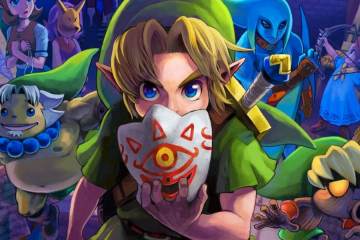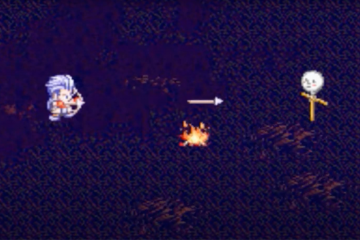LAN Party (Let’s-Analyze-Now Party) is a monthly feature where we ask With a Terrible Fate’s analysts to answer a prompt about their personal experiences with gaming. Answer the prompt for yourself, and join the discussion!
Welcome to the fourth edition of LAN Party!
It’s easy for gamers to forget that video games are still a fairly young medium, and that a lot of people who love stories simply haven’t been exposed to the storytelling of video games at all yet. With that in mind, we asked our team this month to tell us how they’d tell a non-gamer what video games are like.
The prompt for this month’s issue of LAN Party was the following:
If you had to describe the medium of video games to someone who had never heard of it, how would you describe it? What would you compare it to? What’s the first game you’d tell them to play to get to know the medium?
Adam Bierstedt (Video Game Analyst)
I think I’d compare video games most closely to a really good book, except that it’s visual, and instead of getting sucked into the story in your imagination, it’s happening on the screen right there, and you’re in control. I like the book analogy because there’s a certain activeness involved with reading that isn’t involved with film; someone has to physically turn the pages of a book, and so they get to control the pacing of the story just a little bit. Video games take that smidge of control and expand it to the central point.
Obviously, that only works for narrative-focused, more-or-less linear video games. Something like Tetris would be better compared to a board game.
Turning to the back half of the question: first-time gamers should definitely try Chrono Trigger. It’s easy enough that you don’t have to be mechanically very skilled, but really shows why it has to be a game and not some other media. It’s beautiful, the music’s great, the story is stellar, and it’s not very long. I cannot recommend it enough. Just, not the new PC port.
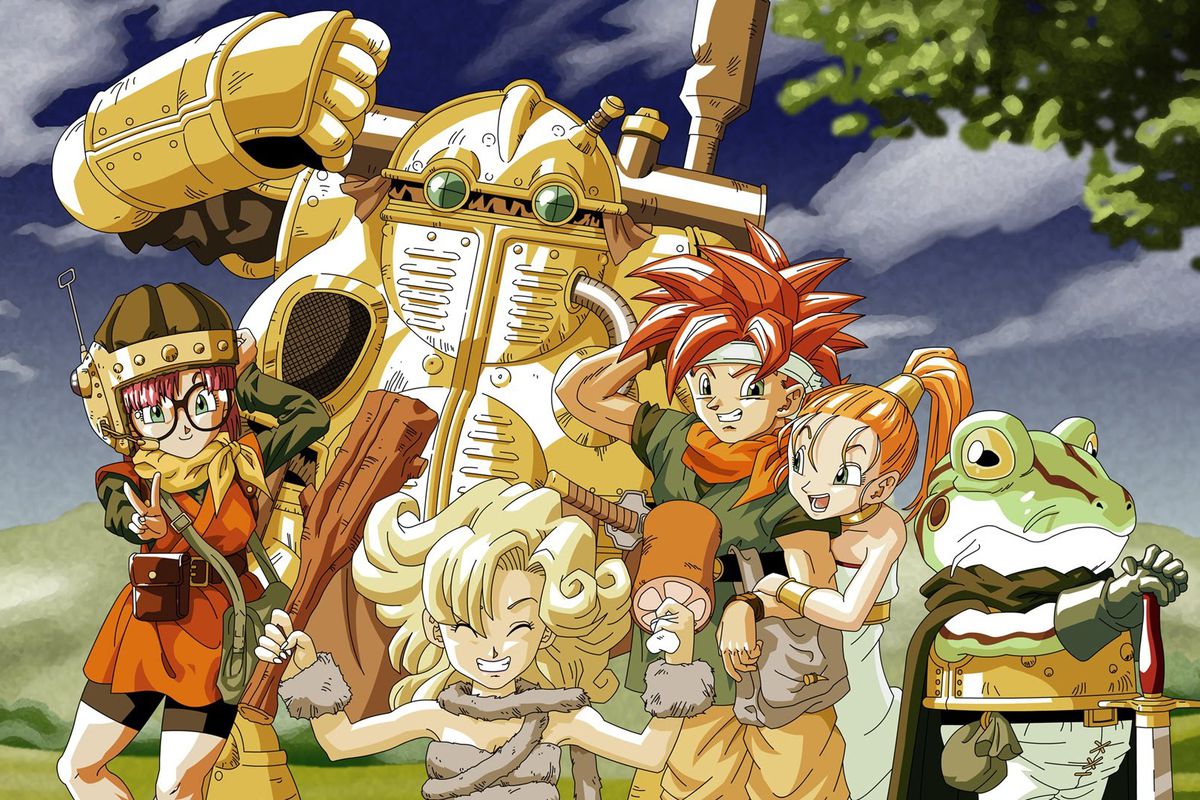
Peter Finn (Video Game Analyst)
I expect many people would most readily compare video games to board games or tabletop RPGs, but I would describe them as being like films, except that you get to interact with them. Film has always been the closest medium to video games, from my perspective. I would try to convince this hypothetical person that video games could be seen, in some instances, as a direct step up from cinema in the sense that they possess all that films possess, and more.
If I were to pick one game to get them to understand video games in this context, it would probably be Shadow of the Colossus. It’s got a sense of scale and elegant simplicity that I might be able to associate with early cinema, especially silent films or those insanely expensive epics from slightly later, like The Ten Commandments or Cleopatra. (Yes, I understand that Cleopatra was a huge financial flop at the time, and its reputation hasn’t seen too much of an uptick since then; I was just thinking of films that are noteworthy for their grandiosity.)
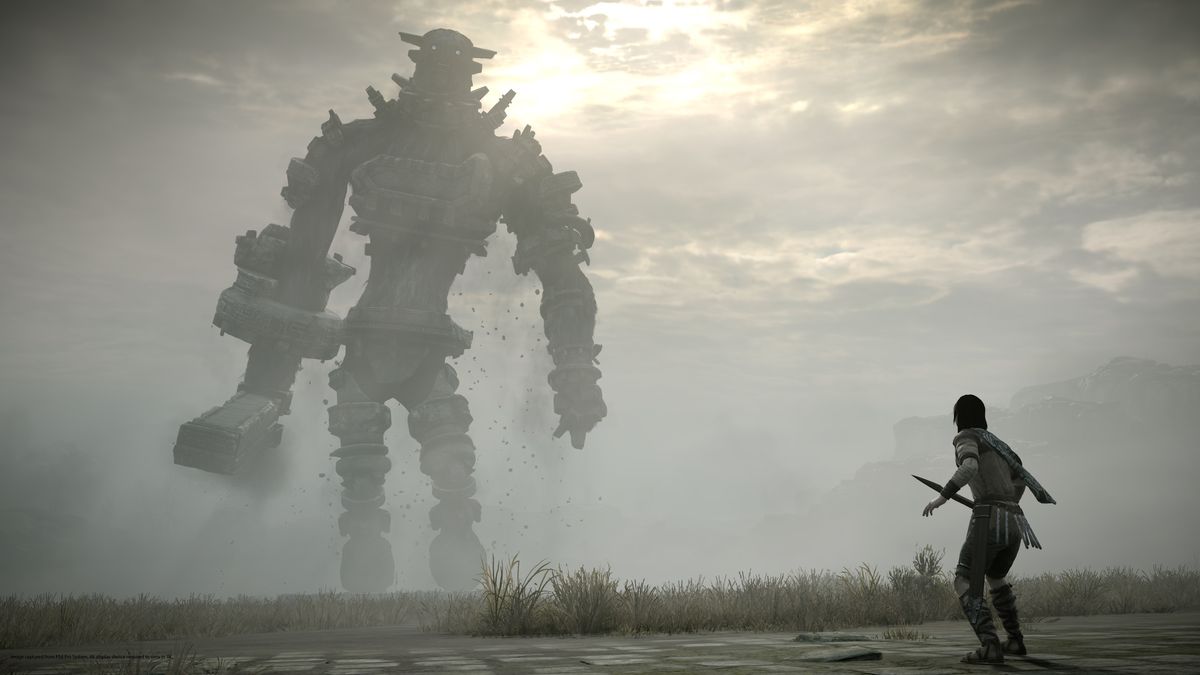
Kent Vainio (Video Game Analyst)
I would describe video games as a medium that allows us to play with our imagination in the most literal of ways. Other media forms present manifestations of human creativity in the form of watching or reading; however, video games are unique in the sense that we can interact and play with creations taken from our wildest dreams and fantasies. I would also tell them to play a variety of video games before re-evaluating this statement, as you really have to play games before you, too, can experience their magic!
In a similar vein to Peter’s answer, I would describe video games as a superset of existing media forms like film, with all the essential storytelling components as well as interactivity and player agency added into the mix. They are just like books or films, but they also enable you to be the character you always wanted to be. Instead of passively partaking in the saving of the world as a consumer, through video games you can save the world with agency, as an avatar in that universe.
Regarding gateway games into the medium, I would probably pick any one of the Uncharted games, and most likely Uncharted 2: Among Thieves. This series is much closer to a series of interactive films than completely independent open-world adventures, and thus would provide a very smooth segue into a medium that takes a lot from its non-interactive counterparts. By playing as a hero in a meaningful story, the player feels a sense of agency and accomplishment many times greater than what they would feel if they had just watched the entire thing as a movie, and thus would most likely be interested in playing more video games to further explore this intriguing concept of interactivity.
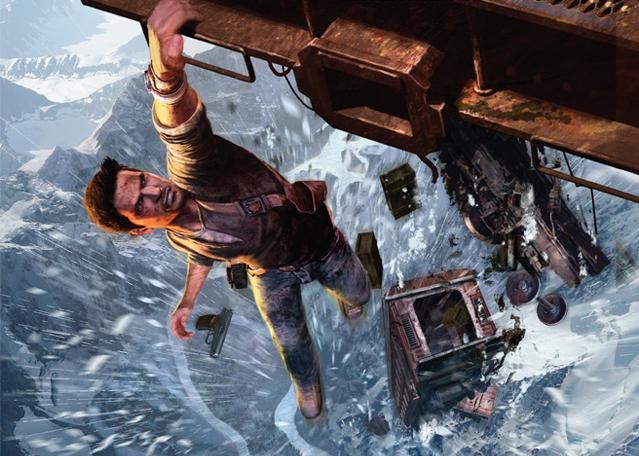
Max Gorynski (Video Game Analyst, Seriesrunner of A Comprehensive Theory of EarthBound)
An angle I feel people tend to play up in video games—and, by extension, an angle I believe developers tend to try to constantly expand the limits of, struggling impossibly against the tides as they do so—is the notion of “freedom,” as if the notion of the video-game sandbox conferred some form of proxy-world freedom on the player where there were no limits.
I think video gaming is, at least until we get a less abortive attempt at Infinite Procedural Generation than No Man’s Sky, in many senses like literature and film in that it’s a medium that benefits from its limits. It lets you “live” all the twists and turns of plot more truly than any other form of art.
I also believe that the medium of video gaming is a particularly special medium, worthy of investment, because its nature allows for the full and free expression of other forms of art: from the beauty of visual art interpolated into its graphic design, to the manifold sweeping OSTs that have given composers free roam over the years—often with spectacular results.
Go and play Breath of the Wild or Majora’s Mask and you will see these elements in glorious dancing synchrony; Zelda is, I think, the ideal entry point into video gaming, having embraced (and sometimes originated) advances in the form as passionately as it has in other ways adhered to the fundaments of what has always made gaming attractive: artistic beauty, technical command, and emotional depth.
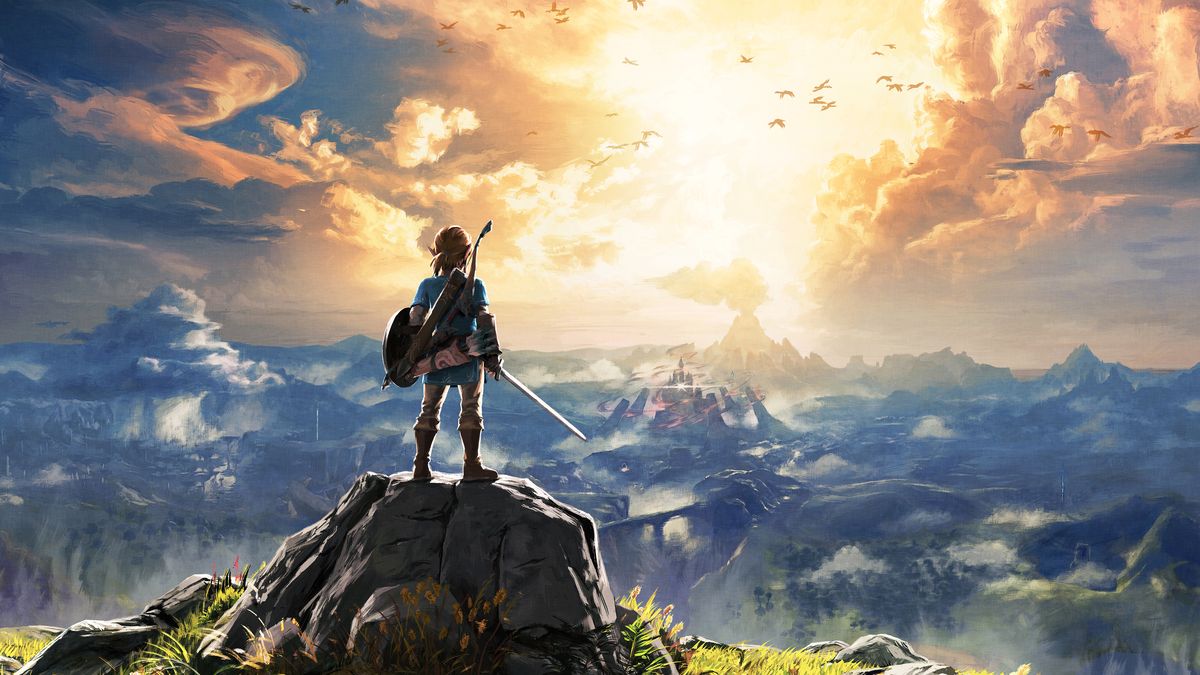
Aaron Suduiko (Founder, Chief Video Game Analyst)
I like to think of video games as a special kind of storytelling in which the player takes on the role of someone who’s peering in on a different world and manipulating it from the outside—and this very act of manipulating a world can take on special meaning in games’ stories. Think of it lik a different take on theater: to play a video game is to be actor, director, and audience member, all at once. It’s this perspective that colors most of my own analyses of the medium (e.g., my work on Dark Souls, Xenoblade Chronicles, and NieR: Automata).
Notice that this description makes no mention of video games’ technological features. I think it’s important to recognize that the interesting storytelling aspects of video games, for the most part, could be achieved without things like TVs and consoles, even if these technologies are the most practically feasible way to realize the medium. For instance: imagine someone on a tall tower with a walkie-talkie, looking down on an enclosed community. One person in the community has a receiver in her ear, and the person on the tower can tell her what to do through the walkie-talkie, choosing from a preset list of commands. The other people in the community are all actors with elaborate scripts, set to interact with and respond to the receiver-bound person in different ways. Already, in this thought experiment, we have a player, avatar, and NPCs, without anything close to a GameCube or PC.
Skyrim is by no means my favorite game, but I do think it’s well-suited to drawing newcomers into the medium. It has a fairly low barrier to entry, and it hooks video-game newcomers by giving them an entirely new means of experiencing the fantasy worlds that they previously only knew through novels, movies, and the like.
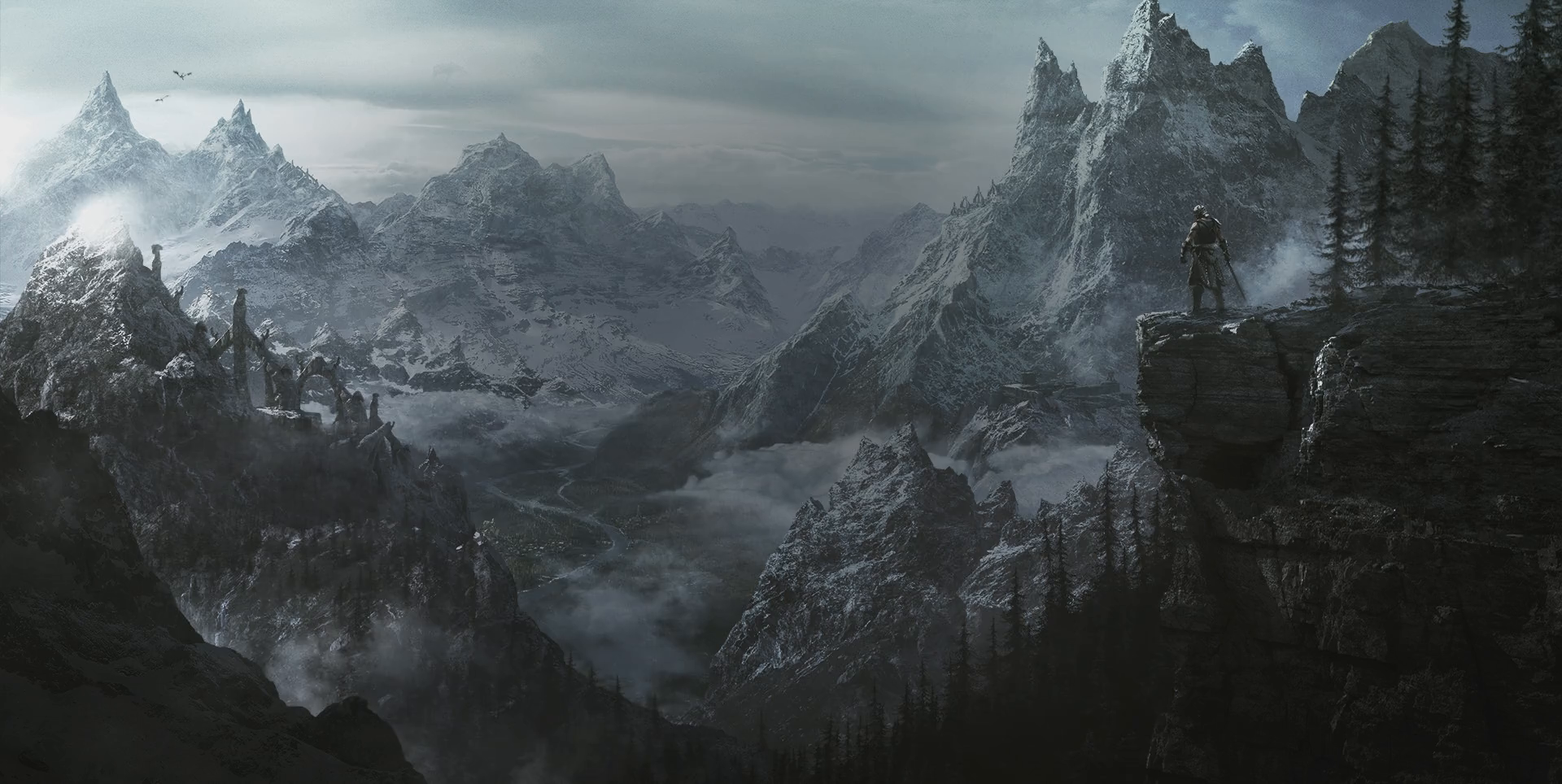
Have you ever had to explain video games to a non-gamer—maybe a parent or a teacher? How did you go about it? What do you think the best “gateway game” is? Let us know in the comments!


